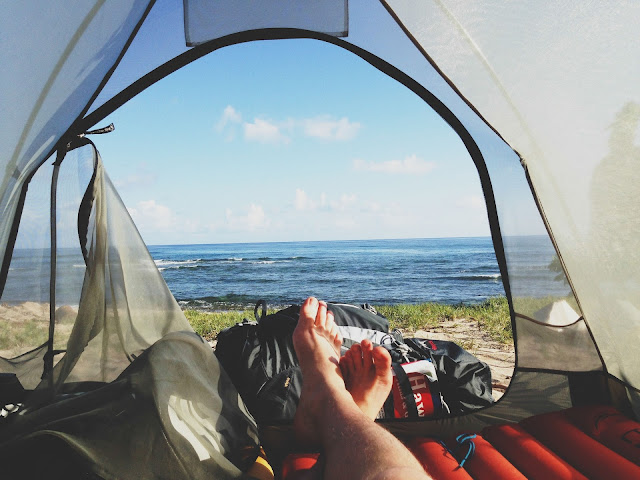5 Things You May Not Know About Your 4WD
As you’re
probably well aware, there’s a lot to know about 4WDing and even if you’ve had
years of experience, you’ll still pick up something new every now and again.
Owning a 4WD has many advantages over a 2WD such as off-road capabilities,
better traction and handling, along with considerably better safety features.
Despite this, it’s vital to understand both the capabilities and limits of a
4WD to ensure you remain safe at all times. To give you some insight, today
we’ll be discussing 5 things you may not know about your 4WD.
Modifications may not be legal
There’s no
doubt that browsing through the latest performance enhancing 4WD accessories is
interesting and fun. Whilst installing a quality, heavy-duty suspension kit for
next weekend's touring is magnificent, it may not be legal. The repercussions
of having illegal modifications on your 4x4 can be unpleasant to say the least.
In the event you have an accident, your insurance provider most likely won't
cover you as you’ll be held accountable.
Factory hooks aren't rated for recovery
All 4WD
enthusiasts have been bogged on sand or mud before – but what’s more important
than recovering your vehicle is ensuring that everyone remains safe whilst
doing so. When using a winch or snatch strap, never use
the factory 'hooks' that come with your 4x4 given that they aren't rated for
recovery. There is a substantial amount of stress put on the components of your
vehicle when recovering, and only rated recovery points properly mounted to
your vehicle should be used. The same goes for your tow bar - although it may
seem strong enough, it is comparatively weak and can become a high-speed
projectile if your try to recover from it.
What's your vehicles payload?
Your 4WD's
payload is basically how much weight your 4x4 is legally allowed to carry as
per the manufacturer’s guidelines. On the weekends, I often see 4WD's packed to
the brim with equipment that are distinctly going above their manufacturer's
payload and putting themselves and others in danger. If the police decide to
weigh your 4WD, some substantial fines are normally involved and if you have an
accident, your insurance cover will be invalid. Exceeding the payload puts
unwanted strain on your vehicle so if you don't know what your payload is,
simply visit Redbook and have a look at your
vehicle's specifications.
Speedometers are often imprecise
It’s normal for
people to assume that the speedometer and odometer of a new 4WD are accurate. The
fact is, a brand new speedometer can be out by as much as 10% when driving at
high speeds. Coasting down the highway at 100kph when you're really travelling
at 110kph can be very irritating when get pulled over! Generally, installing
bigger tyres will cause the speedometer to be inaccurate, and this also affects
the odometer considering they use the same sensor. The best way to check is by
getting a GPS and logging 100km then comparing the two readings.
Your wading depth is normally lower than you expect
If you're
uncertain of what your 4WDs wading depth is, now is an ideal time to inspect
your vehicles manual! It's essentially the depth of water that you can safely
drive across without permanently damaging your 4x4. Most modern 4WD's have a
wading depth of between 400mm and 800mm, so driving through a small water
crossing at speed can do some considerable electrical or mechanical damage. The
only way to increase your vehicles wading depth is by mounting a snorkel.
While there’s
plenty of other surprising facts about 4WDs, the most important ones to bear in
mind relate to the safety of you and those around you. Always ensure that you
read your owner’s manual and comply with the
manufacturer’s specifications.
If you're
interested in purchasing any 4WD products or accessories, talk with the
professionals at TJM Australia who can offer professional
advice on a wide range of 4WD and camping accessories. For more information,
simply phone their staff directly on 07 3865 9999.




Comments
Post a Comment